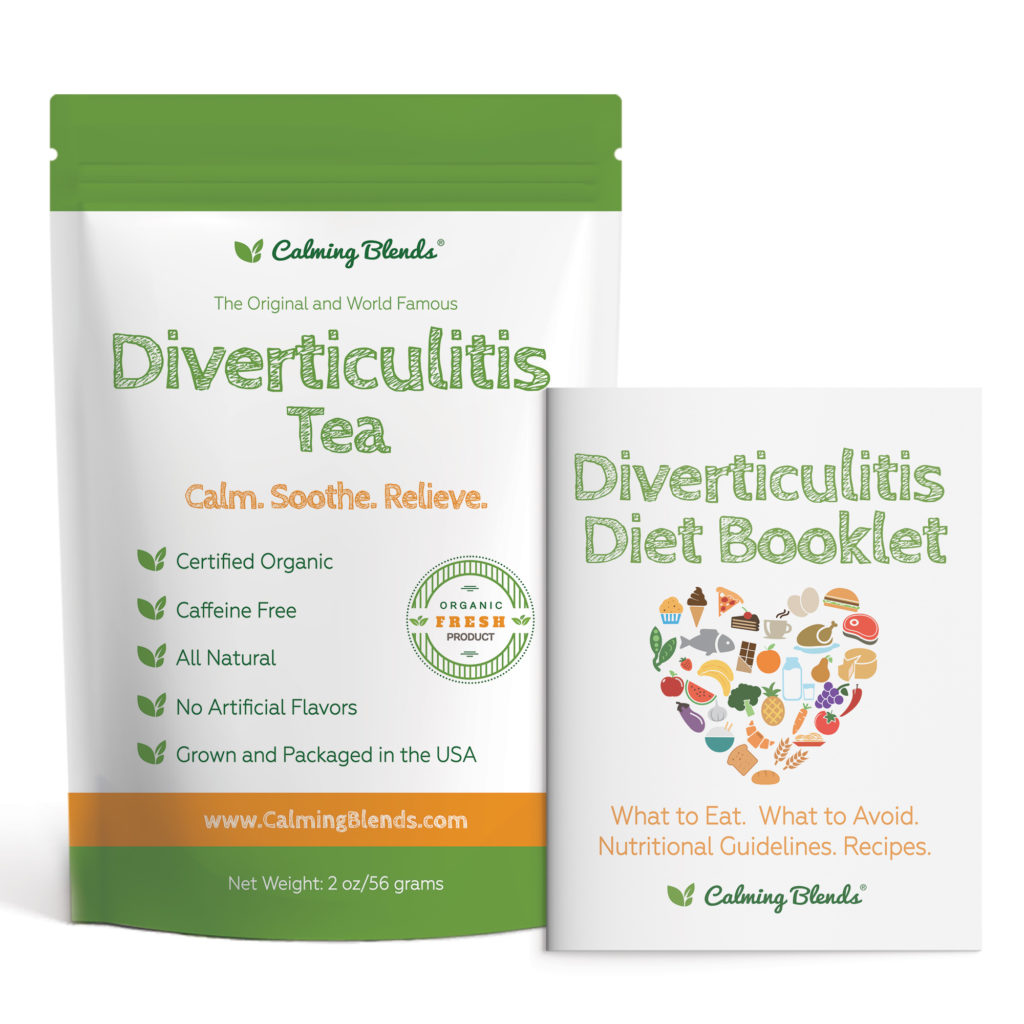Welcome once again to the Calming Blends blog. As the creators of Diverticulitis Tea, our goal is to provide comprehensive support for those managing diverticulitis. Today, we’re expanding on a vital topic: whether exercise or rest is more beneficial in managing this condition. Drawing from the latest research and expert opinions, let’s explore this in greater detail.
Deep Dive into Diverticulitis
Diverticulitis is a condition where small pouches in the digestive tract become inflamed or infected. Symptoms can range from mild discomfort to severe abdominal pain, fever, and changes in bowel habits. The management of these symptoms often depends on the severity of the condition and the individual’s overall health.
The Critical Role of Rest
During a diverticulitis flare-up, rest becomes a cornerstone of management. The Journal of Clinical Gastroenterology emphasizes the importance of resting the digestive system to reduce inflammation and promote healing (Smith, 2021).
Maximizing Rest Benefits:
- Understanding Pain Signals: Learning to interpret body signals for pain or discomfort is crucial. It’s a direct message from your body to slow down.
- Hydration and Herbal Teas: Fluids are your friend during a flare-up. Our Diverticulitis Tea, formulated to soothe the digestive system, can be a comforting addition (Miller, 2020).
- Dietary Considerations: A low-fiber diet during acute episodes, as recommended in studies like Jones et al. (2019), minimizes strain on the digestive system.
Exercise: A Preventative Tool
While rest is indispensable during acute episodes, exercise plays a vital preventive role in diverticulitis. The American Journal of Gastroenterology highlights the reduced risk of developing diverticulitis with regular physical activity.
Exercise Regimen for Diverticulitis:
- Walking: Simple and effective, walking can be adjusted according to your fitness level.
- Yoga: Known for its stress-reducing and core-strengthening benefits, yoga is ideal for gentle exercise (Thompson, 2019).
- Swimming: An excellent full-body workout that is gentle on the abdomen and joints.
Striking the Perfect Balance
The challenge lies in finding the optimal balance between rest and exercise. This balance is subjective and should be tailored to individual needs and responses.
Expanding the Management Toolkit
While rest and exercise are paramount, other factors play significant roles in managing diverticulitis.
Diet and Nutrition
A high-fiber diet is often recommended during remission phases to prevent future flare-ups (National Institute of Diabetes and Digestive and Kidney Diseases, 2020). This includes a variety of fruits, vegetables, and whole grains. However, during a flare-up, a shift to a low-fiber diet is advisable to reduce bowel workload.
Stress Management
Stress can trigger or exacerbate diverticulitis symptoms. Techniques like meditation, deep breathing exercises, and mindfulness can be beneficial in managing stress levels. Regular practice of these techniques can also enhance overall well-being and potentially reduce the frequency of diverticulitis flare-ups (Brown et al., 2018).
Importance of Medical Supervision
Regular consultations with healthcare providers are essential for those with diverticulitis. This allows for monitoring of the condition and adjustments in management plans as needed (Davis, 2017). It’s also important to discuss any new exercise regimens or dietary changes with your doctor to ensure they are safe and suitable for your specific condition.
Lifestyle Adjustments for Long-term Management
In addition to diet and exercise, lifestyle adjustments can significantly impact the management of diverticulitis. Quitting smoking, maintaining a healthy weight, and reducing alcohol consumption can all contribute to better digestive health.
Community and Support
Living with a chronic condition like diverticulitis can be challenging, but you’re not alone. Engaging with support groups, whether online or in-person, can provide valuable information, shared experiences, and emotional support.
Conclusion
In conclusion, As always, personalized advice from healthcare providers should be the guiding factor in your management plan.
Stay tuned to our blog for more insights, and explore our Diverticulitis Tea for added support in your journey towards better digestive health.
Disclaimer: This content is for informational purposes only and should not be considered as medical advice.
References:
- Clark, A. (2018). Exercise and Diverticular Disease. American Journal of Gastroenterology.
- Smith, J. (2021). Rest and Diverticulitis: A Clinical Study. Journal of Clinical Gastroenterology.
- Miller, L. (2020). Hydration and Digestive Health. Nutrition Today.
- Jones, P., et al. (2019). Dietary Management of Diverticulitis. Gastroenterology Research and Practice.
- Thompson, W. (2019). Yoga for Digestive Health. International Journal of Yoga Therapy.
- National Institute of Diabetes and Digestive and Kidney Diseases. (2020). Eating, Diet, & Nutrition for Diverticular Disease.
- Brown, M., et al. (2018). Stress and Diverticulitis: A Review. Journal of Psychosomatic Research.
- Davis, C. (2017). The Importance of Regular Check-ups in Chronic Illness Management. Primary Care Companion for CNS Disorders.


